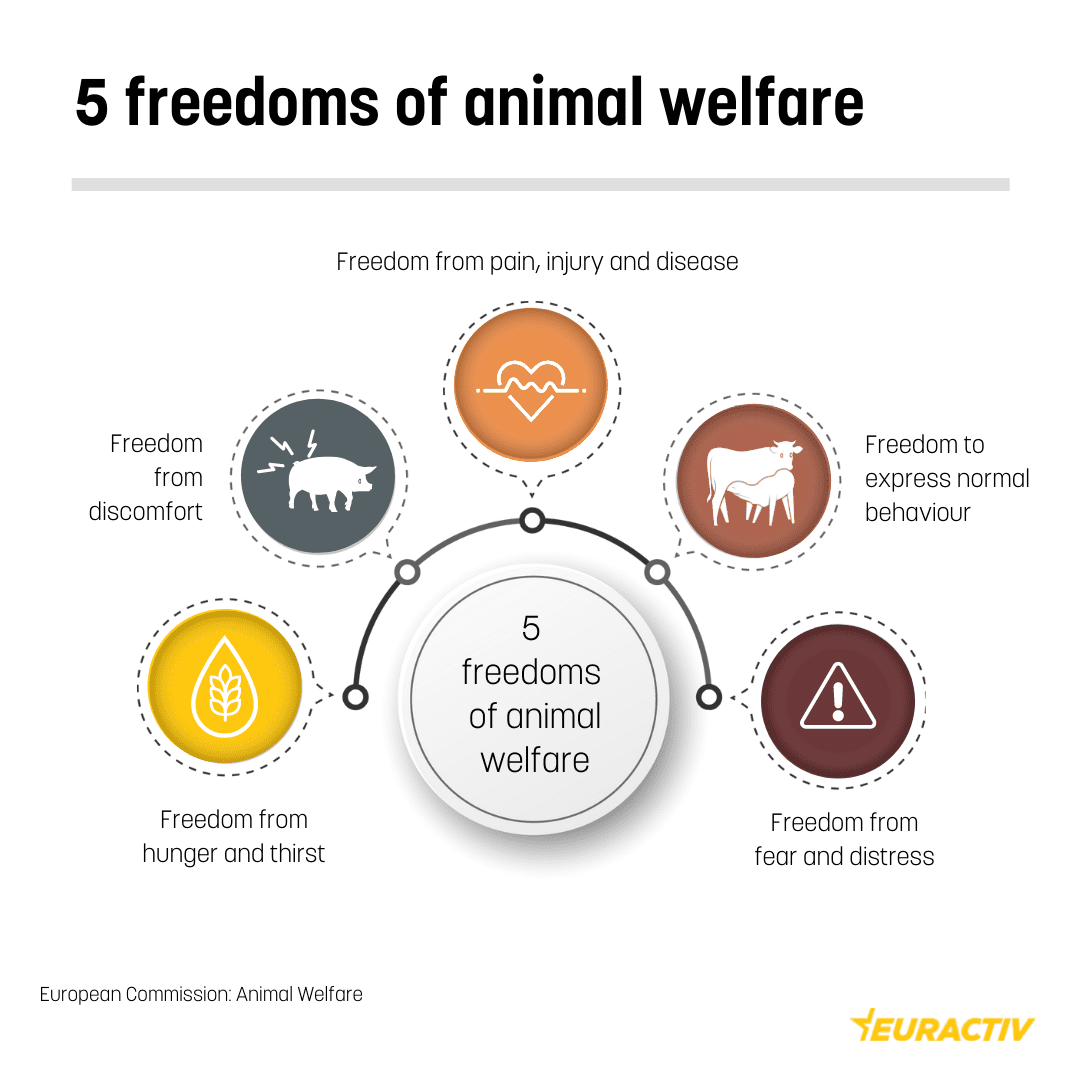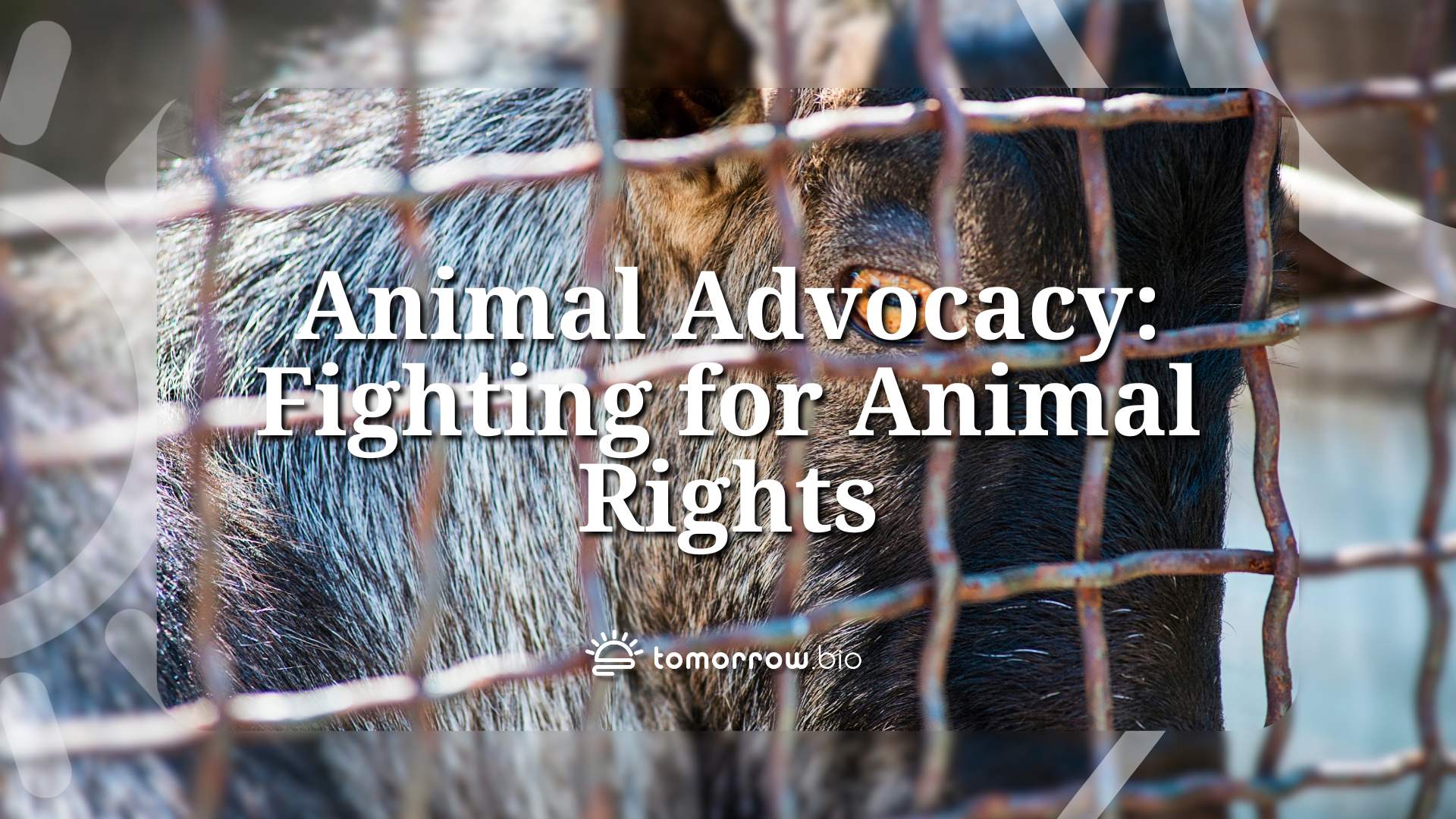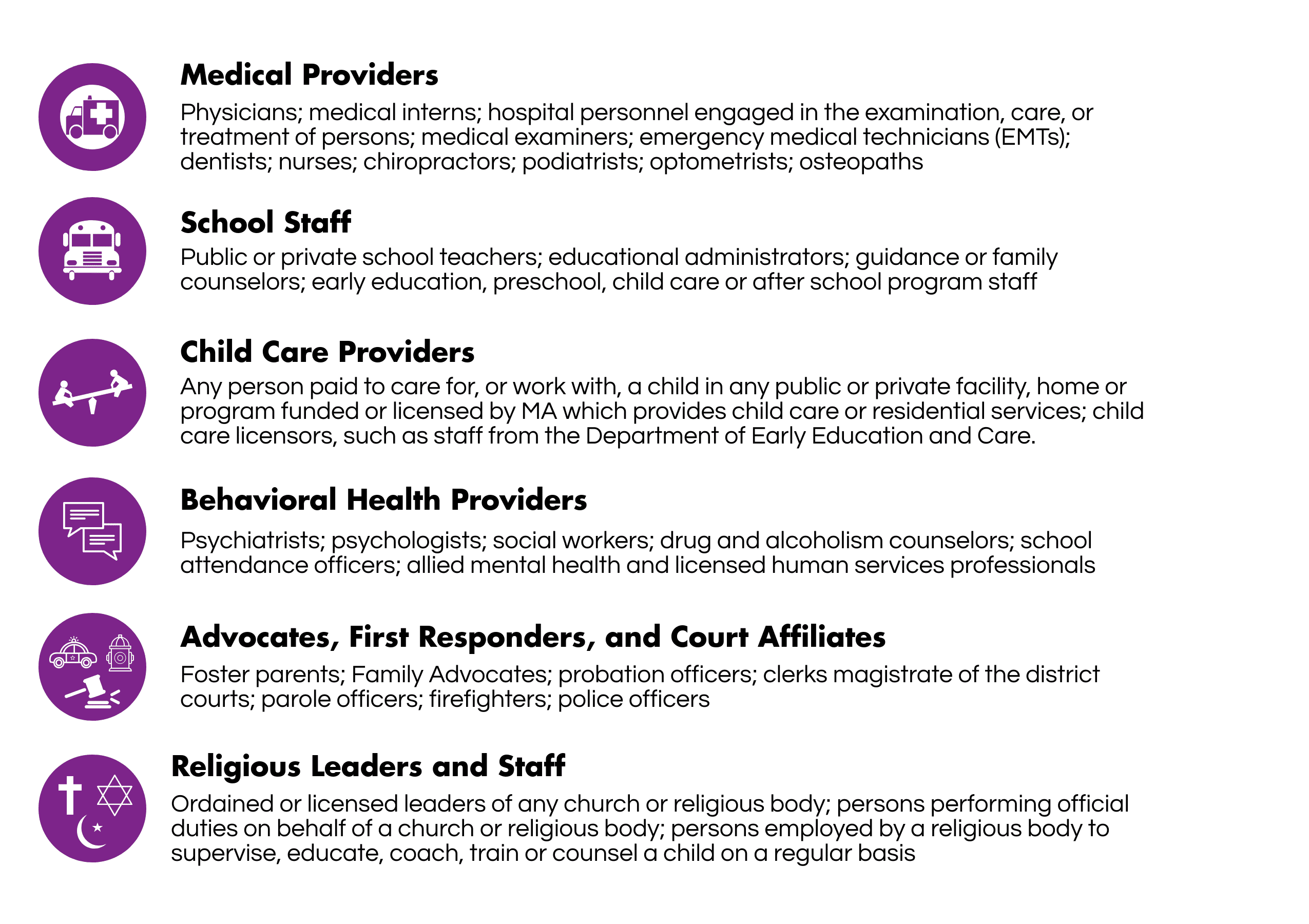Animal welfare laws protect the rights and dignity of animals, highlighting society’s responsibility to treat them with care and respect. However, these protections are only effective when citizens actively participate in their enforcement and advocacy. By understanding local regulations, reporting cruelty, supporting ethical practices, and promoting responsible pet ownership, individuals can make a tangible difference in improving animal well-being. This article outlines key ways citizens can contribute to safeguarding animals while fostering a culture of compassion within their communities. Every action counts towards creating a kinder future for all creatures

Animal welfare laws are an essential aspect of society, designed to protect the rights and well-being of animals. In recent years, there has been a significant increase in public awareness and concern for the treatment of animals, leading to the implementation of various laws and regulations. However, the effectiveness of these laws relies heavily on the involvement and responsibility of citizens. As a result, it is crucial for individuals to understand their role in animal welfare laws and to actively participate in upholding them. This article will explore the significance of animal welfare laws, the role of citizens in enforcing them, and the benefits of a society that prioritizes the humane treatment of animals. By shedding light on the importance of citizen involvement, we hope to inspire readers to take action and contribute to the betterment of animal welfare within their communities. After all, it is our collective responsibility to ensure that animals are treated with compassion and respect, and this can only be achieved through a collaborative effort between citizens and the law.
Understanding and advocating for animal welfare.

Ensuring the well-being of animals is a crucial responsibility that we, as citizens, should actively undertake. By understanding and advocating for animal welfare, we can contribute to creating a society that values and protects the rights and dignity of all living creatures. It is essential to educate ourselves about the needs and behaviors of animals, as well as the potential threats they face in various environments. This knowledge empowers us to take action, whether it be supporting organizations dedicated to animal welfare, raising awareness about animal cruelty, or promoting responsible pet ownership. By speaking up for the voiceless, we can play a vital role in shaping and enforcing animal welfare laws, promoting compassion, and fostering a more ethical and humane society.
Educate yourself on local laws.
Understanding and familiarizing ourselves with local laws pertaining to animal welfare is an essential aspect of fulfilling our role as responsible citizens. By taking the time to educate ourselves on these regulations, we can ensure that we are fully compliant and knowledgeable about the rights and protections afforded to animals within our community. This knowledge enables us to actively participate in upholding these laws, reporting any instances of cruelty or neglect, and supporting initiatives that aim to improve animal welfare. Additionally, being aware of local laws allows us to engage in constructive dialogue with policymakers and advocate for stronger regulations that address emerging issues and challenges. By staying informed and actively involved, we can contribute to a society that values and safeguards the well-being of all creatures.
Report any instances of abuse.
It is crucial for citizens to promptly report any instances of abuse or mistreatment towards animals within our community. By doing so, we play a vital role in upholding animal welfare laws and ensuring the protection of vulnerable creatures. If you witness or suspect any form of cruelty, neglect, or illegal activities involving animals, it is imperative to report these incidents to the appropriate authorities. Providing detailed and accurate information can aid in investigations and potentially save animals from further harm. Remember, reporting instances of abuse is not only a legal obligation but also a compassionate act towards our fellow beings. Together, we can create a society that holds individuals accountable for their actions and advocates for the well-being of all animals.

Support animal-friendly businesses.
In addition to taking action against animal cruelty, another way citizens can contribute to animal welfare is by supporting animal-friendly businesses. Choosing to patronize establishments that prioritize the well-being of animals sends a clear message that ethical treatment is important to consumers. Animal-friendly businesses may include cruelty-free and vegan brands, establishments that enforce humane sourcing of animal products, or those that actively support animal rescue organizations. By consciously selecting these businesses, individuals can actively promote a more compassionate and responsible marketplace. Supporting animal-friendly businesses not only benefits animals directly but also encourages other companies to adopt similar practices, leading to a broader positive impact on animal welfare.
Volunteer at local animal shelters.
One impactful way citizens can contribute to animal welfare is by volunteering at local animal shelters. These shelters play a vital role in providing temporary refuge, care, and rehabilitation for abandoned, abused, and neglected animals. By dedicating their time and skills, volunteers can assist in various tasks, such as feeding, grooming, exercising, and socializing the animals. Additionally, volunteers can help with administrative tasks, fundraising efforts, and community outreach programs. By actively participating in the daily operations of animal shelters, citizens can make a tangible difference in the lives of these vulnerable animals and contribute to the overall well-being of their local communities.
Encourage responsible pet ownership.

Another crucial aspect of promoting animal welfare is by encouraging responsible pet ownership. Responsible pet ownership entails providing proper care, attention, and a loving environment for pets throughout their lives. This includes providing regular veterinary care, ensuring that pets receive proper nutrition and exercise, and providing a safe and secure living space. Additionally, responsible pet owners should prioritize spaying or neutering their pets to prevent overpopulation and reduce the number of animals ending up in shelters. By educating citizens on the importance of responsible pet ownership and providing resources such as training programs and information on pet care, we can create a community that values the well-being of all animals and fosters a culture of compassion and responsibility.
Foster or adopt shelter animals.
One impactful way for citizens to actively participate in promoting animal welfare is through fostering or adopting shelter animals. By opening their homes and hearts to these animals in need, individuals can provide them with a temporary or permanent safe haven. Fostering allows animals to receive individualized care and attention while they await their forever homes, while adoption offers a lifelong commitment to providing a loving and nurturing environment. By choosing to foster or adopt shelter animals, citizens not only save lives but also contribute to reducing overcrowding in shelters and giving these animals a second chance at happiness. Additionally, it provides an opportunity for citizens to experience the joy and fulfillment that comes from opening their home to a deserving animal companion.
Speak up against animal cruelty.

Citizens have a crucial role to play in advocating for the rights and well-being of animals by speaking up against animal cruelty. This involves actively raising awareness about the various forms of abuse and mistreatment that animals often endure. By educating others about the negative consequences of actions such as animal fighting, neglect, and abandonment, citizens can promote compassion and empathy towards animals within their communities. Additionally, they can support and engage with local animal welfare organizations, volunteering their time or resources to aid in their mission to protect and care for animals in need. By speaking up against animal cruelty, citizens can contribute to creating a society that values and respects the inherent rights of all living beings.
Attend local animal welfare events.
Participating in local animal welfare events is an effective way for citizens to actively support and contribute to the well-being of animals. These events provide a platform for like-minded individuals to come together and collaborate on initiatives that raise awareness, promote responsible pet ownership, and advocate for stronger animal protection laws. By attending these events, citizens can stay informed about pressing animal welfare issues in their communities and learn about ways to get involved in meaningful ways. Whether it’s participating in adoption drives, fundraising for animal shelters, or volunteering at spay/neuter clinics, citizens can make a tangible difference in the lives of animals by actively engaging in these local events. Moreover, attending these events also allows individuals to network with fellow animal lovers, fostering a sense of community and solidarity in the shared goal of creating a safer, more compassionate world for all sentient beings.
Donate to animal rescue organizations.

Supporting animal rescue organizations through donations is another crucial way for citizens to play a significant role in animal welfare. These organizations work tirelessly to rescue and provide care for abandoned, abused, and neglected animals, offering them a chance at a better life. By donating to these organizations, citizens can directly contribute to the provision of essential resources such as food, shelter, medical treatment, and rehabilitation for animals in need. These donations not only help sustain the daily operations of the rescue organizations but also enable them to expand their reach and impact, ultimately improving the lives of countless animals. Whether it’s a one-time donation or a recurring contribution, every dollar counts and makes a difference in ensuring the welfare and well-being of these vulnerable creatures. Together, through our support, we can create a brighter future for animals in need.
In conclusion, we must recognize that animal welfare laws are not solely the responsibility of the government. As citizens, we have a crucial role to play in ensuring the protection and well-being of animals. By being informed, speaking up for those who cannot, and supporting organizations and policies that prioritize animal welfare, we can make a significant impact in creating a better world for all creatures. Let us continue to advocate for and uphold ethical and humane treatment of animals, for they too are valuable members of our society.
FAQ
What are some ways that citizens can actively support and promote animal welfare laws in their community?
Some ways that citizens can actively support and promote animal welfare laws in their community include participating in public hearings or town hall meetings to voice their support for stronger animal protection measures, contacting local elected officials to express their concerns, supporting and volunteering at local animal shelters or rescue organizations, educating others about the importance of animal welfare and responsible pet ownership, and advocating for stricter punishment for animal cruelty offenders through petitions or lobbying efforts. Additionally, citizens can support businesses and organizations that prioritize animal welfare and avoid supporting those that do not.
How can citizens stay informed about current animal welfare laws and proposed changes or updates?
Citizens can stay informed about current animal welfare laws and proposed changes or updates by regularly checking official government websites, subscribing to newsletters or alerts from animal welfare organizations, following social media accounts of relevant authorities and organizations, attending public meetings or hearings, and engaging in discussions with local representatives or animal welfare advocacy groups. It is important to actively seek out information from credible sources and stay engaged in the legislative process to ensure that citizens are aware of any changes or updates that may impact animal welfare in their community.
Are there any specific organizations or groups that citizens can join to advocate for stronger animal welfare laws?
Yes, there are several organizations and groups that citizens can join to advocate for stronger animal welfare laws. Some well-known organizations include the Humane Society of the United States, People for the Ethical Treatment of Animals (PETA), Animal Legal Defense Fund, and World Animal Protection. These organizations work to protect animals through lobbying, public awareness campaigns, legal action, and grassroots advocacy. By joining these groups, citizens can contribute their time, resources, and voice to support and promote the welfare of animals and push for stronger laws to protect them from abuse and neglect.
What role do citizens play in reporting cases of animal abuse or neglect, and how can they ensure that their concerns are properly addressed?
Citizens play a crucial role in reporting cases of animal abuse or neglect by being vigilant and observant in their communities. They can report their concerns to local animal control agencies, law enforcement, or animal welfare organizations. To ensure their concerns are properly addressed, citizens should provide detailed information, such as the location, date, and description of the situation. Including any evidence, such as photos or videos, can also be helpful. Following up with authorities if no action is taken and reaching out to local media or animal advocacy groups can also increase the chances of their concerns being properly addressed.
Are there any specific actions or behaviors that citizens should avoid in order to ensure they are not inadvertently violating animal welfare laws?
Citizens should avoid actions such as neglecting or abusing animals, participating in illegal animal fighting activities, purchasing animals from illegal or unregulated sources, and supporting businesses or industries involved in animal cruelty. It is important to familiarize oneself with local animal welfare laws, adhere to responsible pet ownership practices, and report any suspected animal cruelty or neglect to the appropriate authorities. Taking steps to educate oneself about animal welfare issues and supporting organizations that advocate for the well-being of animals can also help to ensure compliance with animal welfare laws.



